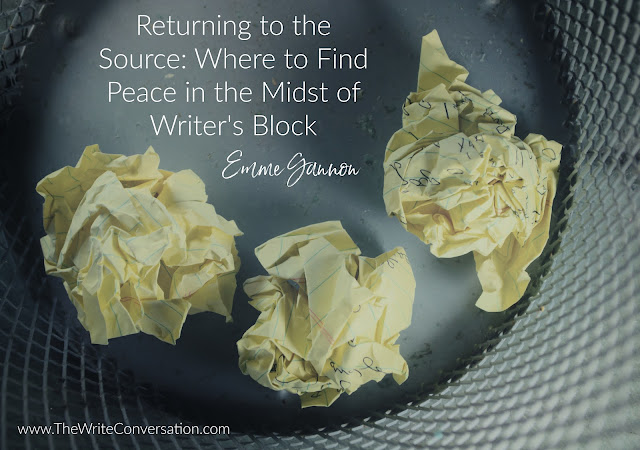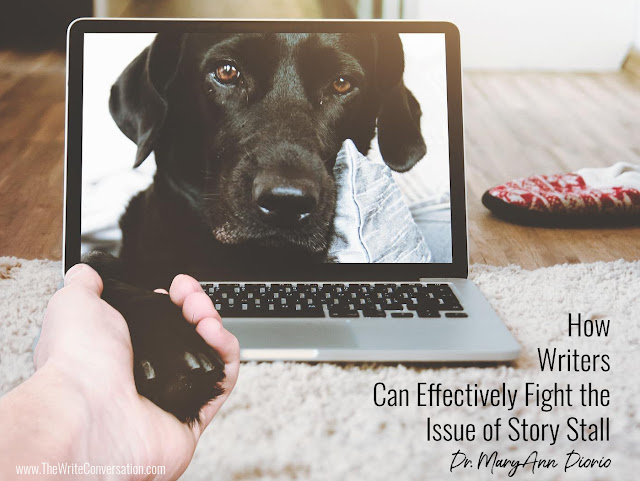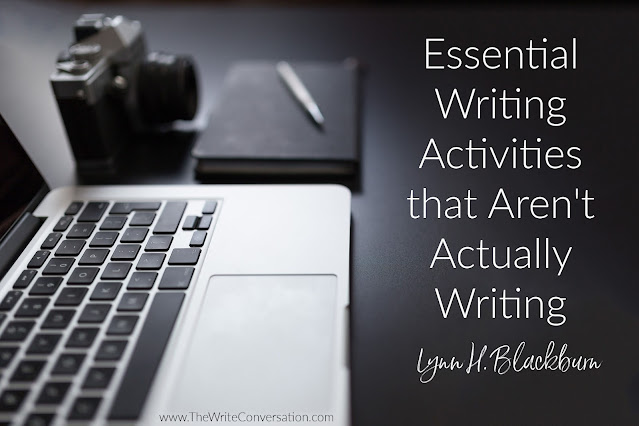How exciting! You have just received an assignment to contribute a devotion to a compilation book. Or perhaps it’s time to set up a new blog series. Maybe a local church has invited you to speak at their Fall Women’s Kickoff event.
What happens next? Where do you begin to prepare and how do you follow through?
General Ways to Approach a New Writing or Speaking Project
1. IDEA
Every new project begins with an idea; either from yourself or as an assignment from someone else. What is your idea for this project? Maybe God has been reminding you that the encroaching fall is a good time to start fresh on some goals, so you want to prepare a presentation that encourages young mamas how to navigate the next season. Or at that recent writers’ conference you agreed to write a devotional on how to overcome an obstacle in life, only now it is due in one month. Maybe you took a break from blogging in August and you must get those 500 words down in order to post next week. Whatever your idea or assignment, take it to the Lord in prayer and ask Him to guide your steps along the way.
2. TAKEAWAY
Before you write a word, ask yourself this question “When my audience/readers finish, what do I most want them to feel, to decide, to do as a result of my words?” That is called the takeaway or goal of your work. And if you determine the goal even before you write it, you can intentionally include what it takes to get your audience/readers from one place to another. Often our projects include several elements to accomplish a desired takeaway. We might want to inspire, challenge, teach, and even entertain them along the way. God can use many tools to accomplish His purposes. Once you have decided what’s most important, then you must come up with material to offer the catalyst for change. Say, because I want those young mamas just now sending their kids back to school in the Fall, to be able to find better balance in their lives, I might actually include some interactive questions, some fill-in-the-blank charts, plus lots of fun personal stories as I speak to them at their Fall kickoff. Remember, everything we write/speak must be value added to the listener/reader.
3. BREAK IT DOWN
Remember how your high school English teacher taught you do compose outlines? If you’re like me, you wondered if you would ever use that skill in life. Guess what? I use it almost every day – certainly in every writing project. When you look at your whole project, from that hook of a beginning to that satisfying closure, an outline helps you to break it down into parts. Bite sized chunks that can be accomplished step by step. You might want to use a very simple generic outline such as 1. Opening 2. Theme (tell them what you are going to say or address) 3. Statistic on why this is a felt need. 3. Biblical teaching on addressing this need 4. Personal anecdote that ties in God’s Word with your ordinary life 5. Wrap up (tell them what you said) 6. Closing and Challenge. Underneath each section, break it down to actual words, concepts, stories, quotes, questions, etc. Believe me, this works. “Inch by inch, it’s a cinch!”
4. BIRD BY BIRD
Back when author Anne Lamott was a girl, her older brother had put off writing a school report on birds until the night before it was due. He was panicked until his father came to him and suggested “Bird by bird, buddy. Just take it bird by bird.” Anne uses this story in her writing book “Bird by Bird” to say that “Almost all good writing begins with terrible first efforts. You need to start somewhere.” Friend, just start! Bit by bit (bird by bird) begin to tell your story in your voice. Remember your takeaway, consult your outline, and then write, write, write the first draft. It may be terrible, but at least it’s now all down on paper or computer file. You can cut and paste later. Add and takeaway birds to use in another “nest” later.
5. READ and REWRITE
Now you read it aloud. How did that sound to your ear? What words kept being repeated or made no sense at all? I find reading my work aloud helps me recognize the gaps and the overlaps. I also try to “hear” myself from another’s point of view. Am I coming across as too preachy, too whiney, too know-it-all? I know you’ve heard it before, but most of writing is rewriting. So, you must be willing to rewrite and rearrange. Trust me, your efforts (even though editing and especially self-editing can be painful) will make your work into a better, more useful piece. And that is what we aim for—serving the audience, feeding the reader, touching a hurting world in Jesus’ name.
What happens when you have completed your project is that you consecrate all those words and all the potential outlets for sharing those words, to the Lord. Pray over them and ask God to use the words, His Scripture that was quoted, and yourself as a holy messenger of truth. Then go forth boldly through the open doors. I will be praying for you.
TWEETABLE
Lucinda Secrest McDowell, M.T.S., is a storyteller and seasoned mentor who engages both heart and mind while “Helping You Choose a Life of Serenity & Strength.” A graduate of Gordon-Conwell Theological Seminary and Furman University, McDowell is the author of 17 books and contributing author to 36+ books. Her award-winning books include Soul Strong, Life-Giving Choices, Dwelling Places, and The Courage to Write. Lucinda, a member of the Redbud Writers Guild and AWSA, received Mt. Hermon “Writer of the Year” award and guest blogs monthly for ‘The Write Conversation.’
Whether pouring into young mamas, leading a restorative day of prayer, or coaching writers and speakers through “Encouraging Words Consulting,” she is energized by investing in people of all ages. As a communications teacher, she co-directs “reNEW – spiritual retreat for writers & speakers” and has served on the faculty of Speak Up Conference, Mount Hermon Christian Writers Conference, Blue Ridge Mountains Christian Writers Conference, Florida Christian Writers Conference, Asheville Christian Writers Conference, and She Writes for Him. Known for her ability to convey deep truth in practical and winsome ways, McDowell shares words from “Sunnyside” cottage in New England and blogs weekly at WWW.LUCINDASECRESTMCDOWELL.COM































